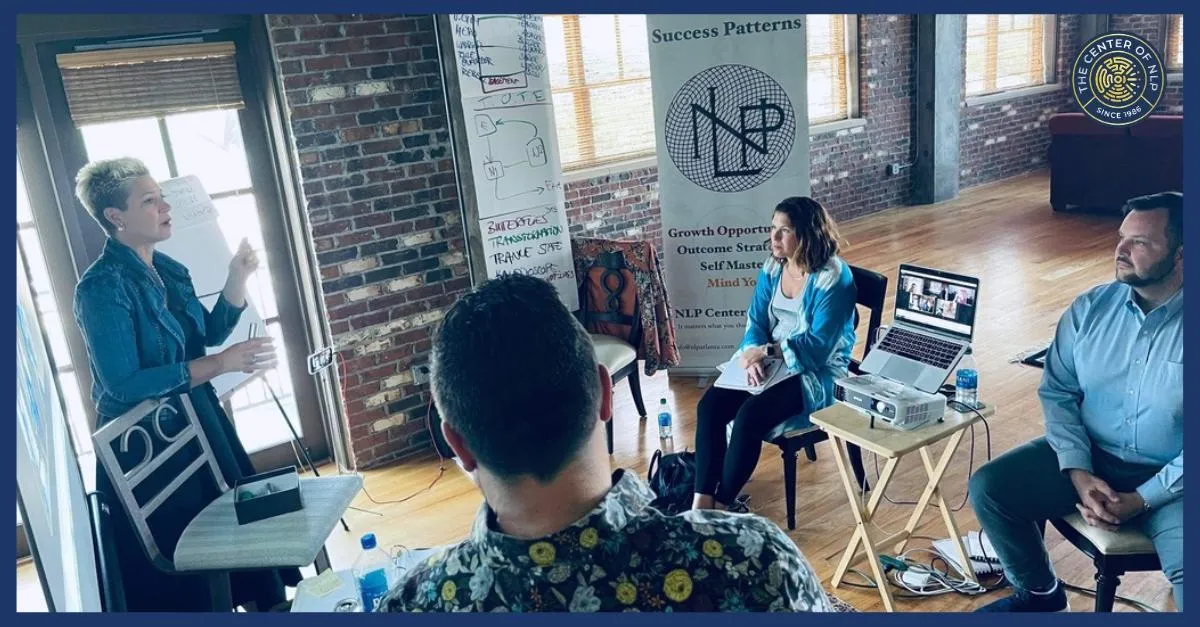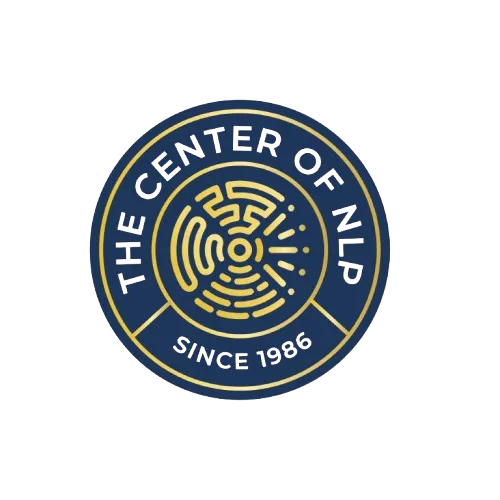
HOW TO ADVANCE YOUR NLP COACHING CAREER WITH POWERFUL STRATEGIES
Neuro-Linguistic Programming (NLP) is a valuable tool for personal growth and professional success. If you want to advance your NLP coaching career, you need to master strategies key NLP Strategies that bring real change. This will help you improve your career by using these methods effectively and NLP tools for change.
Building a Strong Foundation in NLP Coaching
Starting a career in NLP coaching involves connecting language, behaviour, and thought. NLP coaches help clients change their thoughts and emotions to reach their goals. The journey begins with learning the basics of NLP. Regular practice and continuous learning follow.
NLP Strategies principles concentrate on how people view the world. These views influence their behaviour. As a coach, knowing these ideas helps you guide clients better. You can help them overcome fears, improve communication, and more. Staying committed to learning is key because NLP is constantly evolving. Improving consistently makes you a better coach. It also helps your clients get better results.
Hands-on experience is as essential as learning the theory. Take part in coaching sessions. Attend workshops. Get feedback from other professionals. These steps are essential for your growth as an NLP coach. These activities help you gain practical experience. When you combine learning with hands-on practice, you learn NLP better. This enables you to succeed more.
Ready to take your NLP coaching career to the next level?
Join our expert-led NLP coaching program at the Center of NLP! Enroll now to improve your NLP coaching career.
Essential NLP Techniques for Transformation
The techniques you use are at the heart of your NLP coaching practice. These tools help clients change their mental and emotional states for lasting change. Some crucial NLP tools for change include anchoring, reframing, and timeline remedy.
Anchoring links an action to a feeling. For example, pressing your thumb and finger together can help you feel calm, which is helpful for managing stress and anxiety.
Reframing helps clients see situations differently. It allows them to change negative thoughts into positive ones. This is useful for overcoming fears, breaking habits, and improving relationships.
Timeline Therapy focuses on past emotional issues. It helps clients release negative emotions and overcome limiting beliefs. This method often leads to significant, lasting change.
Meta-model questioning is a useful tool for clarifying thoughts. Swish patterns are another technique for replacing unwanted behaviours with positive ones. Mastering these NLP tools for change allows methods to offer personalised solutions, making your NLP coaching career more effective.
Applying Strategic Methods in NLP Coaching

Having a clear plan is crucial in an NLP coaching career. Strategic NLP strategies structure your sessions, helping clients reach their goals. These strategies can improve your coaching sessions and increase client satisfaction.
One effective NLP Strategy is goal setting using the SMART method:
Specific: Clearly define the goal.
Measurable: Make sure there is a way to track progress.
Achievable: Set a realistic goal.
Relevant: The goal should matter to the client’s overall objectives.
Time-bound: Set a deadline to reach the goal.
This approach helps clients define their goals clearly. It breaks down big goals into smaller, manageable steps. Setting SMART goals provides a clear path for both the client and coach, making it easier to track progress and make adjustments when needed.
Building a strong connection with clients is vital in NLP coaching. This connection is called rapport. This connection creates trust and support, making clients feel understood and comfortable. When clients feel comfortable, they are more likely to open up and share their challenges. Modeling successful behaviours and thought patterns of others can also be very effective. Coaches can guide clients to copy these strategies. This helps clients build new habits and grow both personally and professionally.
The impact of Power of NLP for Health and Wellness
NLP isn't only for personal growth or career success. It also benefits health and well-being. NLP Tools for Change help people manage stress. They reduce anxiety and ease physical symptoms. We provide a balanced approach to personal development and health. Our method leverages the Power of NLP for health.
Using NLP for Stress Management:
Stress is common. It can cause problems with your mind and body. NLP techniques can help clients manage their stress levels. You can help clients by teaching them to shift their focus. This change can improve how they handle stress. As a result, they may stay more positive and reduce stress's impact on their lives. Key points include:
Reframing stressful situations to reduce anxiety.
Anchoring calm emotions to manage stress better.
Setting realistic goals using the SMART method to help clients feel more in control.
NLP for Physical and Emotional Well-Being:
NLP Strategies can boost physical health. It can also support emotional well-being. For instance, visualization helps clients manage chronic pain. By changing how they view their pain, discomfort lessens, improving daily life. Key approaches include:
Clients imagine their pain as less intense. This helps them feel better.
Mindfulness: Combining NLP with mindfulness helps clients regulate emotions and reduce stress.
Positive habit formation: NLP helps clients form healthier habits, improving their overall well-being.
The power of NLP for Health is particularly effective in weight management. Coaches help clients identify the emotional triggers behind unhealthy eating. They work with them to build a better relationship with food. This approach encourages positive choices and supports lasting success.
The Importance of Continuous Learning in NLP Coaching
Commit to continuous learning to stay ahead in your NLP coaching career. NLP is constantly evolving, with new methods and strategies emerging regularly. Stay updated on the latest trends. This helps you offer excellent service to your clients.
Continuous learning is key. You can do this by attending workshops. Reading current NLP books will help too. Joining online forums is another good option. Experts share their experiences in these spaces. Staying active in the community will sharpen your skills. This will make you stand out as a trainer. It’s a competitive field, and this can give you an edge. As you continue to learn and apply new strategies, you’ll find that the Power of NLP for Health becomes an integral part of your coaching toolkit, helping you to assist clients in achieving their best possible outcomes.
Are you ready to keep growing as an NLP trainer?
Join the Center Of NLP today and continue your learning journey!
FAQs
What is NLP coaching, and how does it differ from traditional coaching? NLP coaching helps people gain knowledge and change their thoughts, behaviours, and language patterns. It’s different from conventional coaching. It uses methods like anchoring, reframing, and timeline therapy. These methods work on the subconscious mind, leading to quicker and more profound changes.
How can I choose the best NLP coaching course to advance my career? When selecting an NLP coaching course, pick an accredited program. Make sure the trainers have good experience. The course should include both theory and practical skills. It should cover various techniques and offer plenty of hands-on practice.
What are the fundamental NLP techniques every coach should master? Essential NLP techniques include anchoring, reframing, timeline therapy, meta-model questioning, and swish patterns. Coaches can master these methods to address client challenges effectively. This approach helps promote lasting change.
How does NLP contribute to health and well-being? NLP helps manage stress, reduce anxiety, and improve emotional regulation. Visualisation and awareness help manage pain and make healthier habits. These techniques support well-being.
How can I build a strong client relationship in NLP coaching? Building rapport is crucial in NLP coaching. Mirroring body language, tone, and language patterns builds trust. These techniques help clients feel understood. A comfortable environment encourages clients to share and grow.
Check Out For more:

